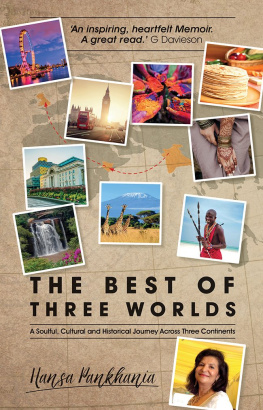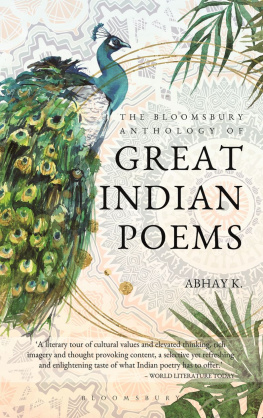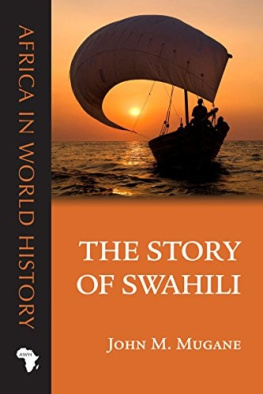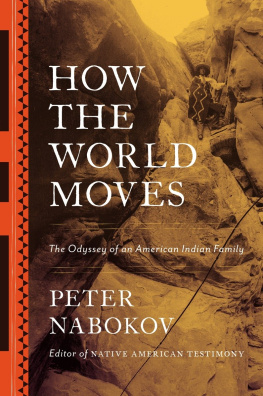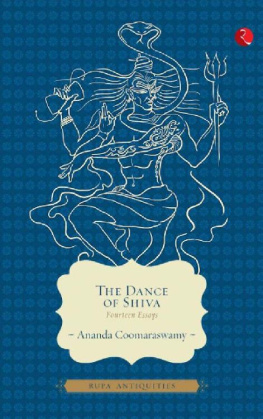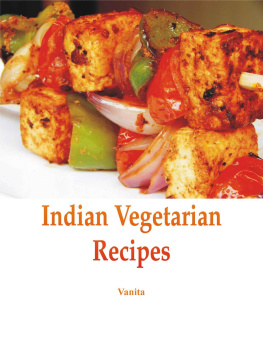
BEST OF THREE WORLDS
WITH A PILE OF ROTIS
A soulful, cultural and historical journey across three continents
Hansa Pankhania
Published by
Filament Publishing Ltd
16, Croydon Road, Waddon, Croydon,
Surrey, CR0 4PA, United Kingdom
Telephone +44 (0)20 8688 2598
Fax +44 (0)20 7183 7186
www.filamentpublishing.com
Hansa Pankhania 2019
The right of Hansa Pankhania to be identified as the author of this work has been asserted by her in accordance with the Designs and Copyright Act 1988.
ISBN 978-1-912635-80-1.
This book is subject to international copyright and may not be copied in any way without the prior written permission of the publishers.
The information given in this book should not be treated as a substitute for professional medical advice; always consult a medical practitioner. Any use of information in this book is at the readers discretion and risk. Neither the author nor the publisher can be held responsible for any loss, claim or damage arising out of the use, or misuse, of the suggestions made, the failure to take medical advice or for any material on third party websites.
FOREWORD
I really enjoyed reading these memoirs. The overriding impression I was left with, is that for the author, love, humanity and the idea that we are all part of a world family mean much more than national and cultural identity. That is a powerful and valuable message.
It is interesting that others were more fascinated by her multilayered cultural identity than she was initially, maybe because most people do not have such a rich background. Perhaps it is the same with cultural identity, we just accept our own background as the norm, even though in some cases, like this, it might be quite special!
I loved the way the author talks about the one-mile world and ten-mile world of her childhood, and how, thanks to her parents, she had no sense of the disquiet in the wider world beyond, only learning about what was happening in Kenya much later through conversation with a friend. I loved reading about the courgette plant that covered the house and picking the mangoes.
From the book, I had the impression that she very easily accepted the move to the UK, which surprised me. Leaving familiar home, friends, the glorious sunshine and the beauty of Kenya and moving to cold, grey, ugly Birmingham cannot have been easy!
The passages about her first trip to India and family holiday to Kenya are very descriptive and engaging, among the best parts of the book. I particularly enjoyed the evocative description of the trip to the cinema in India and reading about the reactions of her children on the Kenyan Holiday.
It strikes me that she has created a very personal cultural identity from her own recipe, perfected over the years.
This book is really thought-provoking. I very much enjoyed reading it and would have liked to read more.
Sara Rowell, Solihull Writers Group
PROLOGUE BIRMINGHAM, WEST MIDLANDS, ENGLAND, 2017
I wake up and realise my equator sun of many years ago has crept into my dreams. The telephone rings, bringing me back to my present world. I jump up, grab the phone and mumble a sleepy Hello? to the caller. My new friend Katie wants to know what time I will go over to her house later that day.
That afternoon, I am relaxing at her house, enjoying an English cup of tea accompanied by an Indian snack. My mobile phone rings and I have a short conversation with my sister. When I get off the phone, Katie says,
That was amazing. You were switching between English and some other language every sentence but still kept the flow of the conversation.
Really? I respond. To me, that feels as natural as breathing.
To which she asks, How come?
Well, I was brought up with three languages: English, Gujerati and Swahili, I say.
I know you speak English very well, so is Gujerati one of the Indian regional languages? And Swahili is African, is it?
I nod. Yes, Swahili is the national language of Kenya.
My friend is silent for a few moments and the look in her eyes when she meets my gaze says she is very puzzled.
I think to myself, Here we go, yet again , and I explain, I was born in the British Colony of Kenya.
So, how come your parents were in Kenya if they are Indian? How come you were born in Kenya, an African country? I hope you dont mind me asking but, obviously, you look very Indian and are living in England.
She wants to know my story.
Katie was born in Manchester, moved to Birmingham in her teens and has had a handful of holidays abroad. She says she assumed I came to this country from India as an economic migrant.
I say, My parents were born in India as subjects of the British Empire. My dad and grandad sought work in the British Protectorate of East Africa, where present-day Kenya is. In the years following Kenyan independence, Indian-Kenyans began to feel less welcome in Kenya, so, as British passport-holders, my family moved to England.
At that moment, our attention is drawn to the television as a heated debate on immigration is taking place as part of the Brexit issues. After listening for a few minutes to a right-wing politician talk about curbing immigration, we resume our robust conversation. She wants to know where my allegiance is and to which country. She wants to know who I am as a person with these diverse influences. She wants to know whether I will make my children marry an Indian, African or English person.
Towards the end of my visit, Katie says, Hansa, you have written other books, why dont you write a book on all this? I found our conversation today absolutely fascinating and want to know more.
Okay, I promise to think about it, I say as we part for the evening. Another friend of mine, Jane, also said this to me many years ago.
For numerous days after, I reflect on who I am and what makes me who I am in light of the African, English and Indian imprints. What is my purpose, and do I have a legacy to leave for my future generations? It strikes me there is a risk that this rich cultural history and journey across three continents might never be known to the world. This story needs to be told. In light of the current conflict surrounding intercultural issues, I want the British people to understand that this Indian from Kenya and her future generations are as British as they are.
And that is how this book is born.
I am delighted to take the reader on an adventure that immerses them in the enchanting interrelationships between African culture and exposure to diversity from birth, the richness of Indian influences and living a simple life in tune with nature, and my western education in England and life in a democracy. In particular, I want to share my memories of a moment in time when an Indian-origin child born in the British Colony of Kenya witnesses the liberation of a new African nation. I hope I can convince the reader that Britishness is nothing without its ties to the Commonwealth and therefore cultural variation need not be a threat to the concept of Britishness.
All through my lifes journey, I have been enveloped with the love, acceptance, connectedness and humility I received from my parents, siblings and husband that I believe is a basic human need for safety and a sense of purpose and belonging. All this amidst the delicious sacred aroma of a pile of rotis! These influences have helped me to grow from a fearful little girl in a small town in Africa to a confident professional woman today unafraid to be in the public eye and with a mission to help others be the best they can.
Next page
